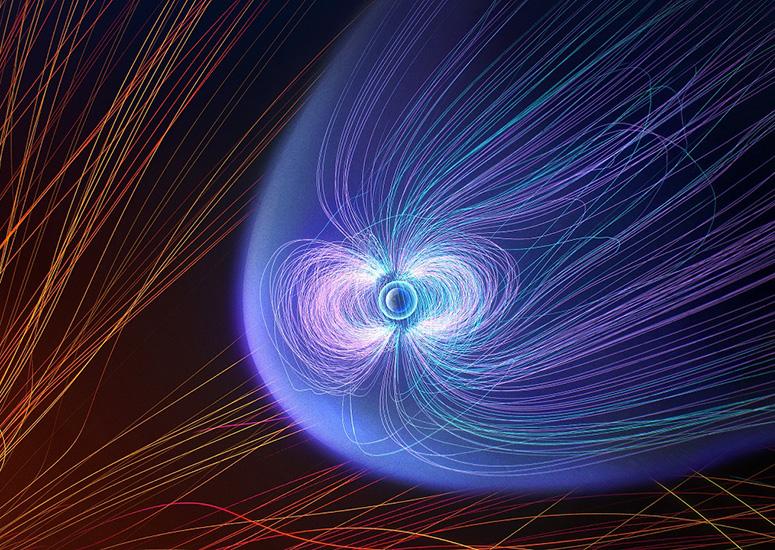-
A call for ethical use of AI in Earth system science
The authors of a new paper published in the journal Environmental Data Science argue that researchers must develop ethical, responsible, and trustworthy approaches to applying AI in Earth system science to ensure that unintentional consequences do not worsen environmental and climate injustice.
- Supercomputing
-

NCAR partners to build first-ever comprehensive community geospace model
NCAR is a leading partner in an effort to, for the first time, build a model that can simulate the entire near-Earth space environment, which stretches from the lower atmosphere out beyond the moon.
- Sun + Space Weather
-
UCAR Policy Insider: April 6, 2022
The next few weeks and months are commonly considered the height of “appropriations season” on Capitol Hill. Below are brief summaries of where things stand with the federal budget, and important information about potential funding opportunities stemming from the administration’s landmark infrastructure package.
- Government Relations
-

Today’s extreme droughts could become average in the future
Conditions that, by today’s standards, are considered to be mega-droughts — or conversely, abnormally wet “mega-pluvial” events — may become the average in the future, according to new research led by the University of California Santa Barbara (UCSB) and co-authored by scientists at the National Center for Atmospheric Research (NCAR).
- Climate
-

NCAR and UCAR mourn the passing of pioneering scientist Akira Kasahara
Akira Kasahara, one of the giants of NCAR’s scientific legacy, passed away overnight on March 30.
- Organization

